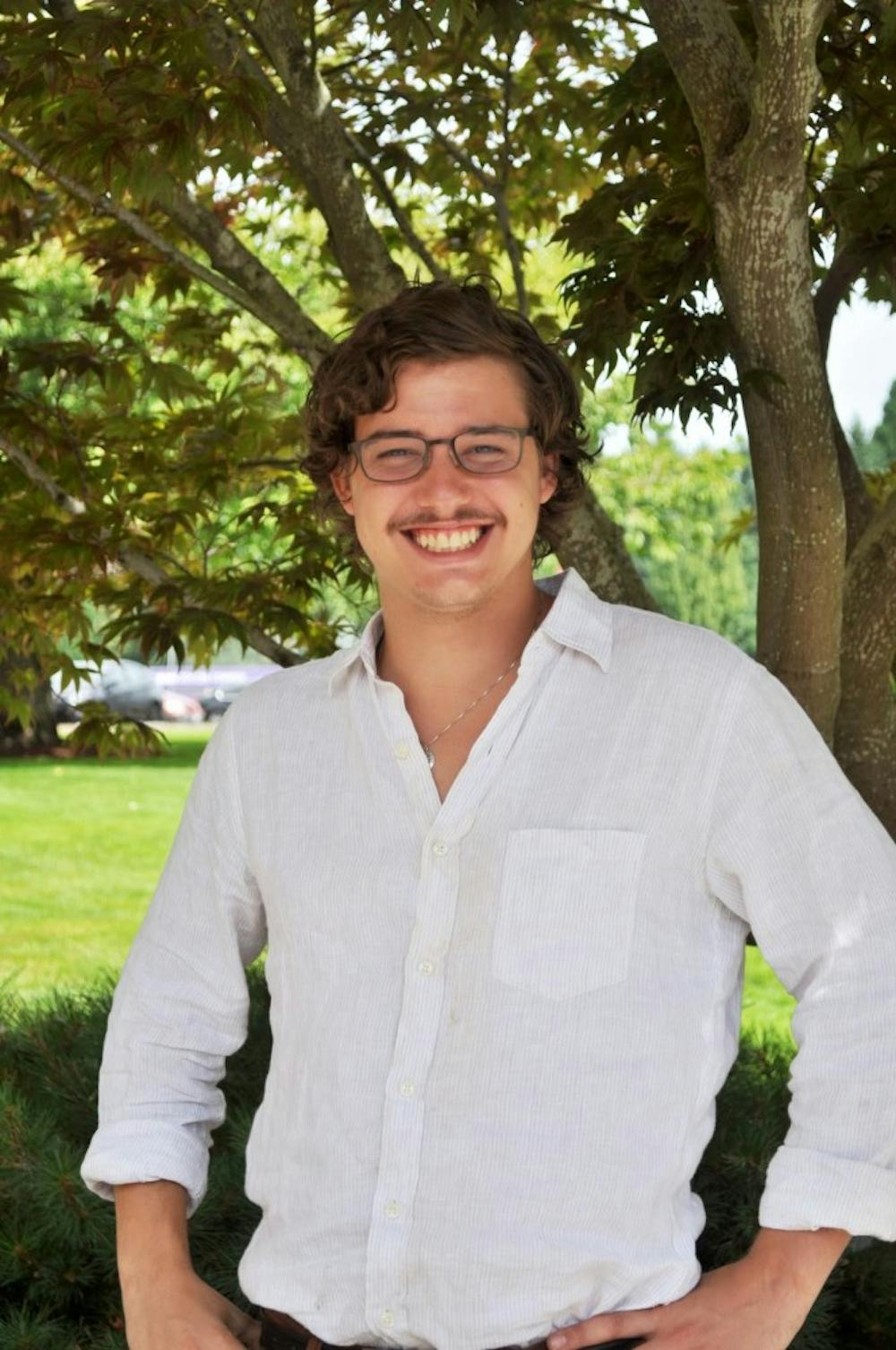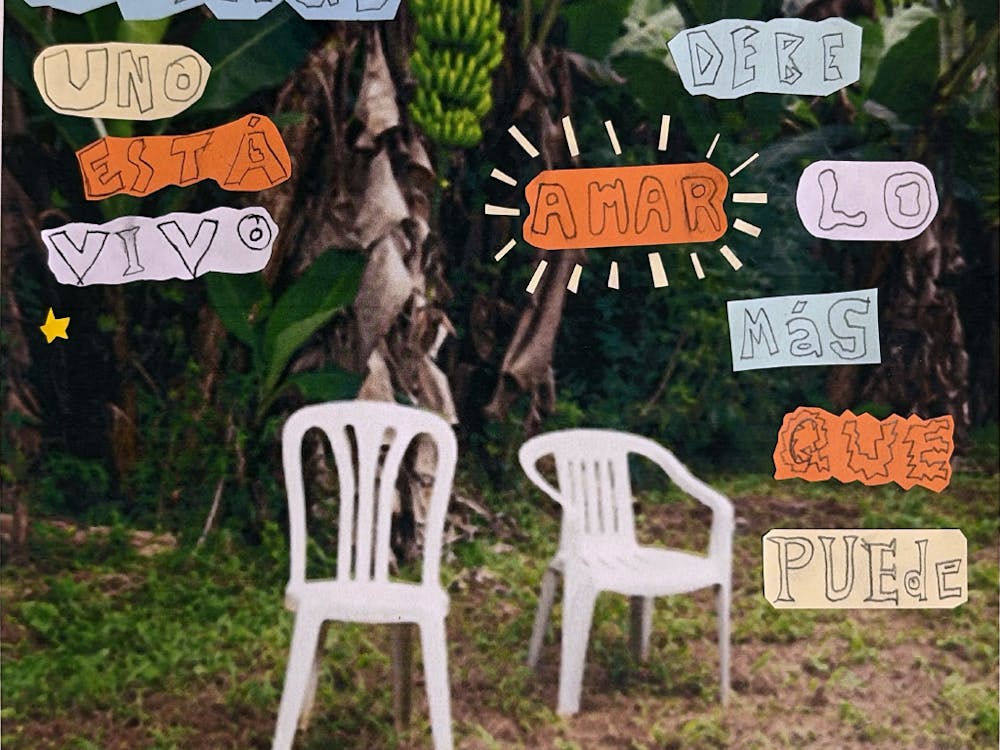W.C. Lawson |
We are living in the apex of humanity as we have entered what some researchers call the Anthropocene, an era marking the evidence and exponential extent of our human activity that has resulted in a global impact on the Earth’s natural operations. Some researchers believe this could result in a mass extinction on Mother Earth, and there is a chance we may not survive.
So how can we retain the stride for living fruitful lives when as far as human sustainability goes, the most sustainable thing a single human can do is to remove yourself from the agreed-upon consensus reality we have dreamed up? It goes without saying that this would be extreme and counter-productive because every person deserves a chance to do right. But what is the force that drives us to thinking that we will have a positive impact in our world?
It appears on a fundamental level that obtaining greed and evil is almost like a mutation in our psyche, where most people can agree when someone exudes evil into the world, we recognize that as wrong. What do we have to say about the strive for compassion? How is it that every major religion on this planet is pointing towards the very same way of compassionate life, and what do such interpretations tell us? Throughout history, the people who run the infrastructure of religion don’t always have a working moral compass, but when we look at the basic, fundamental dogmas, scriptures and other writings on these religions, their ideals are all similar. Why do we care to be compassionate? What’s the point? Why does it appear through the emergence of consciousness in our evolutionary trajectory that compassion is the direction consciousness lures itself towards, at least for most of us, anyways?
I have found that everyone is operating on faith, even if they don’t realize it. But first, it’s important to point out that faith is different from having a belief. Faith didn’t come to me until I was traumatized by watching the most important person in my life pass away. It is extremely profound and difficult to wake up each day scared that you don’t know where they went, or if the universe will grant you the golden ticket to ever see them again. This was a humbling experience to be exposed to these kind of matters at such a young age, but it also granted me faith in myself and others to continue to live fruitful lives.
But I don’t think you have to go through a traumatic event to see the beauty of faith, and for the atheists I don’t think you have to believe in God or an ultimate reality of consciousness to attain faith. It’s important to at least believe in yourself, or you’ll feel like floating like a feather through this life. I know this to be true in myself, because I felt this way after exploring these metaphysical issues for quite some time. After my good friend and author Paul Levy exposed his Buddhist perceptions of the operations of evil in the universe to me, I’ve stepped back to do my own search for where the mirror-reflected space for grace holds in our universe.
And I think I’m on my way. I’m aware the world is insane and is literally suffocating itself, but I get up each day to see the beauty in this disordered world. I encourage everyone to search for faith and grace because it will brighten your life. You don’t have to be believer to have faith. That’s not what faith is. Faith is consciously knowing that even though in a world full of suffering the glass will never be full, but the glass always be whole through grace, even when it doesn’t appear to be so.
W.C. Lawson is a senior communication studies major. He can be reached at lawson14@up.edu.








